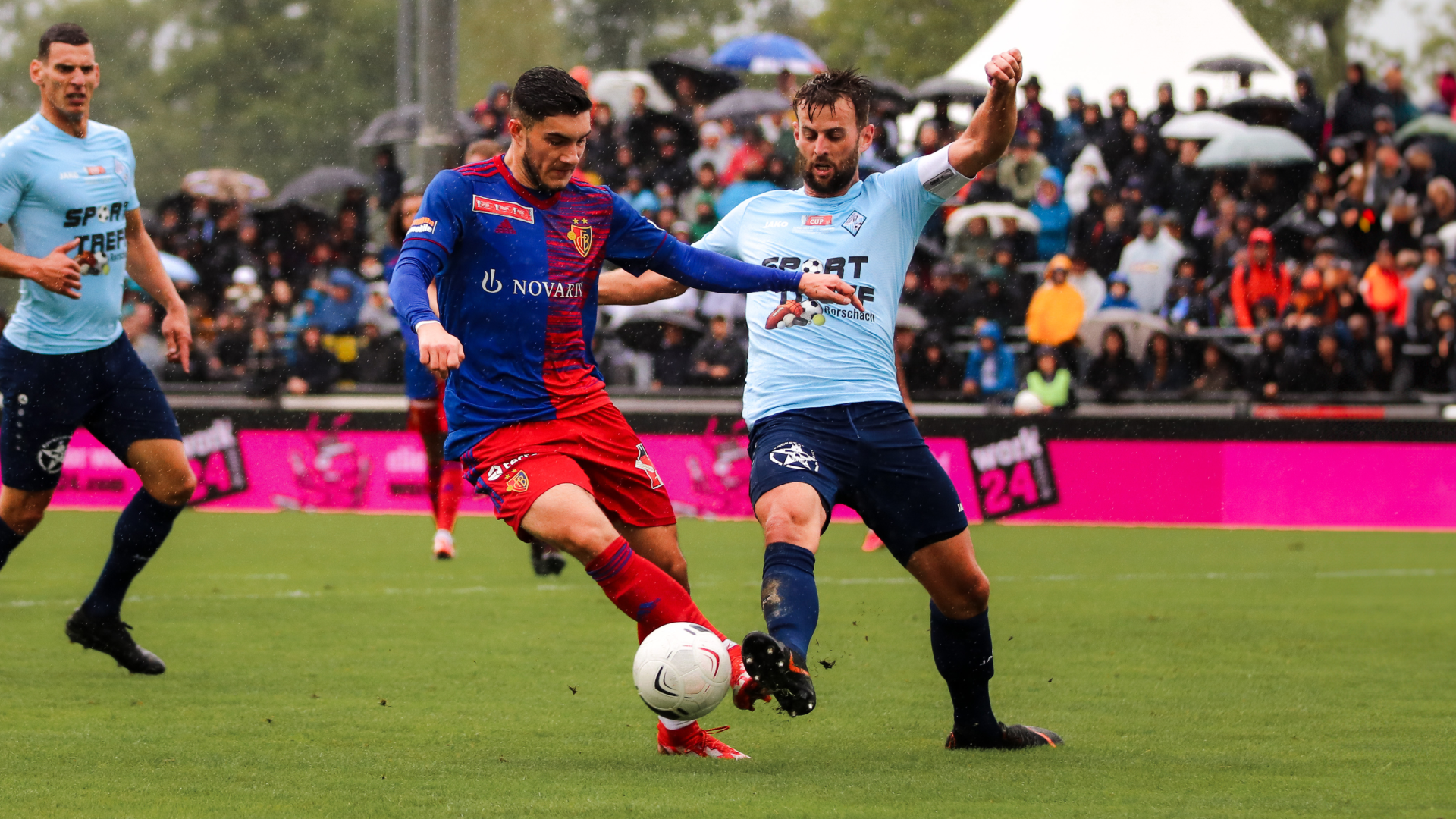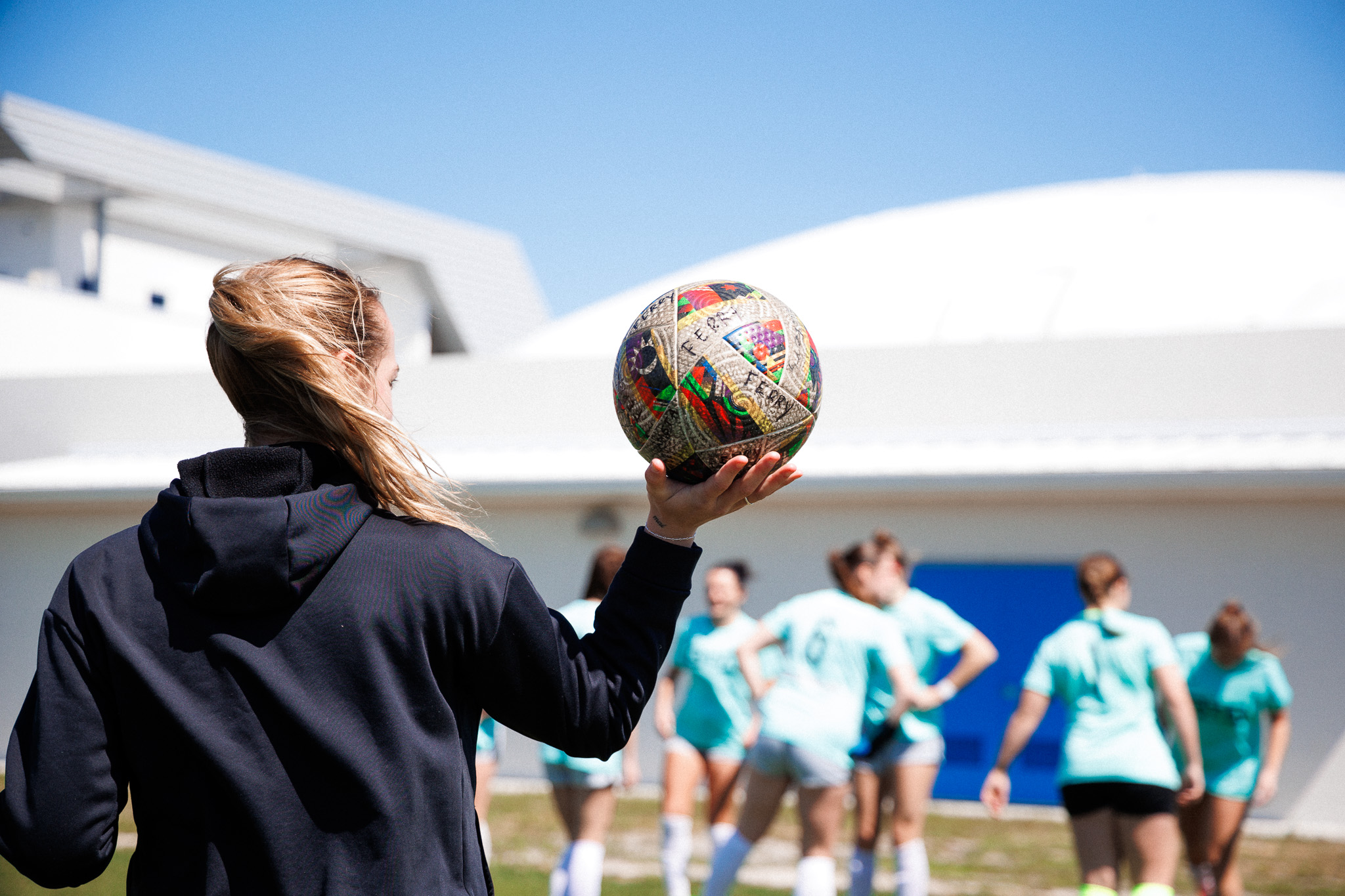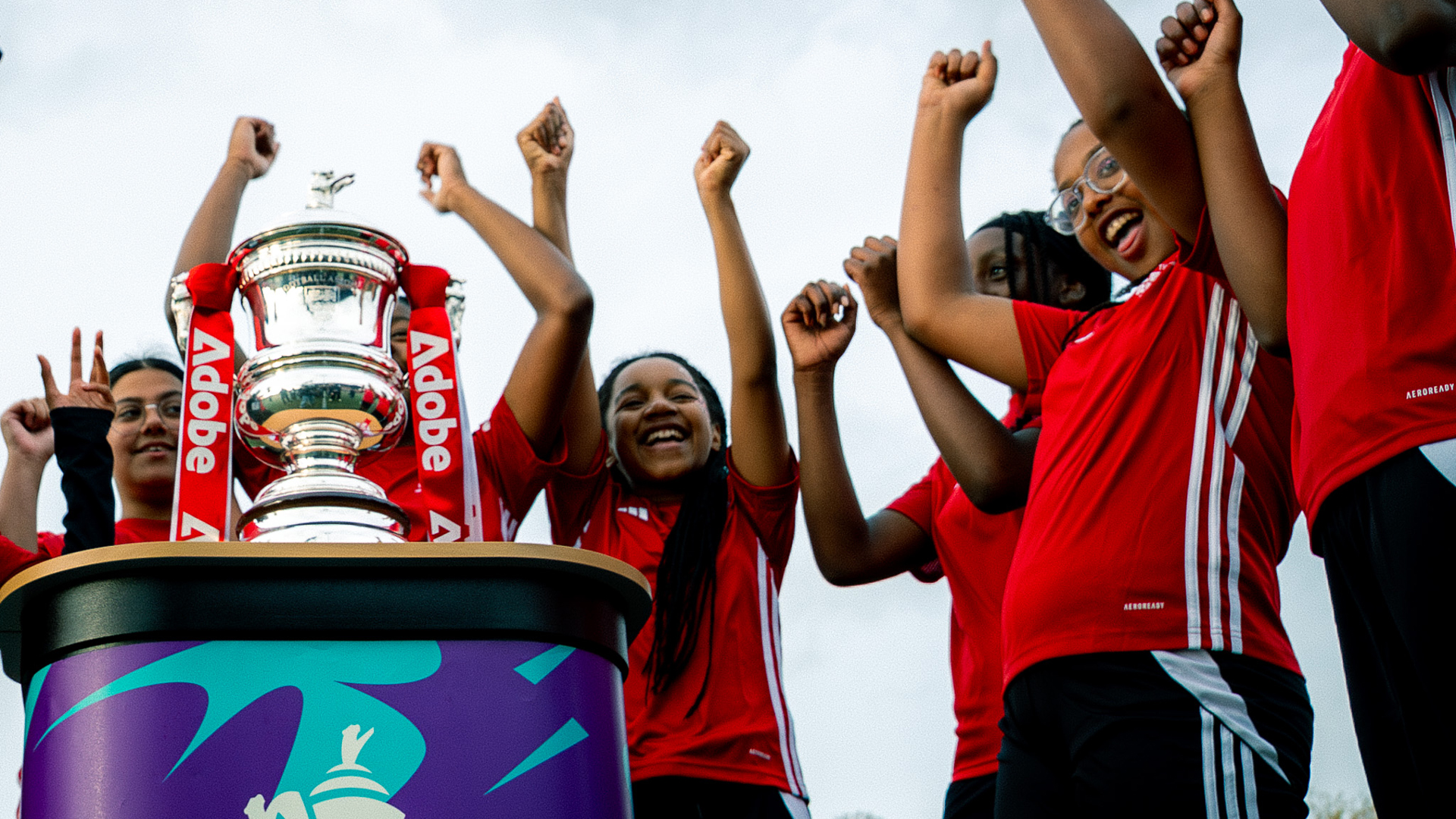Supporting Neurodivergent Children Through Video: The Neuro Nook Story
Frederik Hvillum
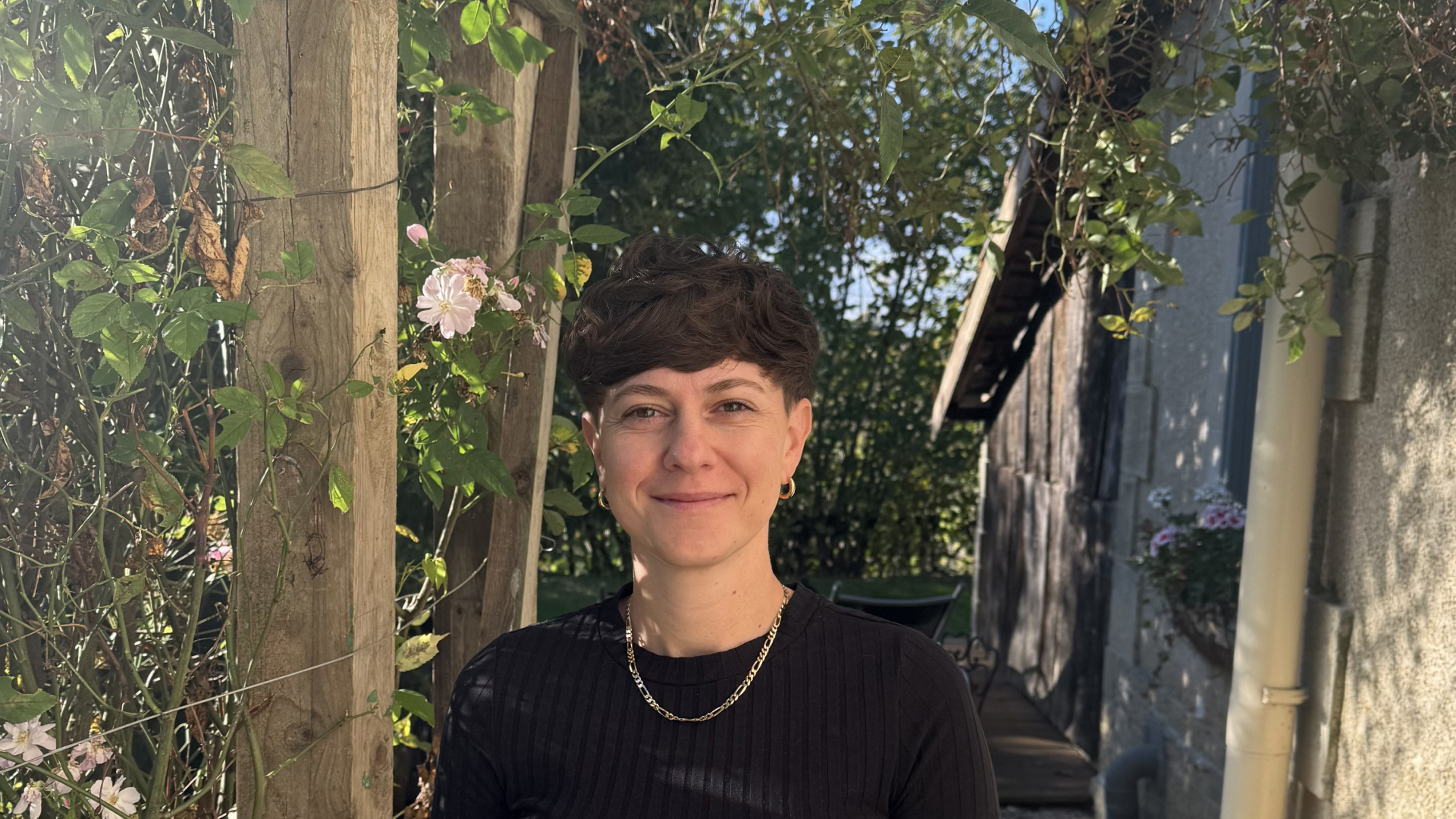

How one family's journey led to creating a podcast that champions neurodivergent children in sport, and why video technology is essential for inclusive football coaching.
When their two neurodivergent sons couldn't find stories that reflected their experiences, Emma Holden-Girt and her wife decided to create their own. What started as bedtime stories has evolved into Neuro Nook Storytime, a podcast that celebrates neurodivergent children while highlighting how visual learning tools like video can transform their sporting experiences.
"Neuro Nook Storytime was born out of both love and frustration," explains Emma Holden-Girt, the podcast's creator. "My wife Jade and I are raising two wonderful neurodivergent boys, Hugo, who is autistic, and Ralph, who has sensory processing disorder. We noticed that children's entertainment simply didn't reflect their experiences."
The gap they identified extends far beyond storytelling. In football and other sports, neurodivergent children often face barriers that video technology could help address, if coaches and parents understand how to use it effectively.
Visual Learning: More Than Just a Buzzword
While many coaches recognize that "kids are visual learners," for neurodivergent children, visual support isn't just helpful, it's often essential for processing information effectively.
"Many neurodivergent children are strong visual learners. When something is shown rather than just spoken, the brain often processes it more easily," Holden-Girt explains. "For skills like football, which require both motor planning and social interaction, video can reduce the overwhelm."
The difference becomes clear through real-world examples. During a recent family climbing activity in France, one of the children couldn't understand the English-speaking instructor's verbal directions, despite her clear explanations. The accent created a processing barrier that left him confused and frustrated. But when the instructor showed a video demonstration, understanding came immediately.
"He watched the video, and then he understood. It took away the pressure of feeling like 'I didn't get it, and therefore I now can't do the task,'" Holden-Girt recalls. This scenario plays out regularly in sports settings, where misunderstood instructions can lead to safety concerns or feelings of failure.
Creating Predictable, Safe Learning Environments
For neurodivergent children, unpredictability can create anxiety that interferes with learning. Video technology offers a solution by allowing children to prepare mentally for what's coming next.
"Predictability is a huge comfort. Knowing what to expect reduces anxiety, especially in noisy or chaotic environments like sports fields," explains Holden-Girt. "Watching a video of what the session will look like, who will be there, and what the sounds might be, helps children prepare."
This preparation extends beyond just knowing the activities. Some families use videos with captions or even sensory-friendly explanations that help children process information at their own pace, away from the pressure of the training ground.
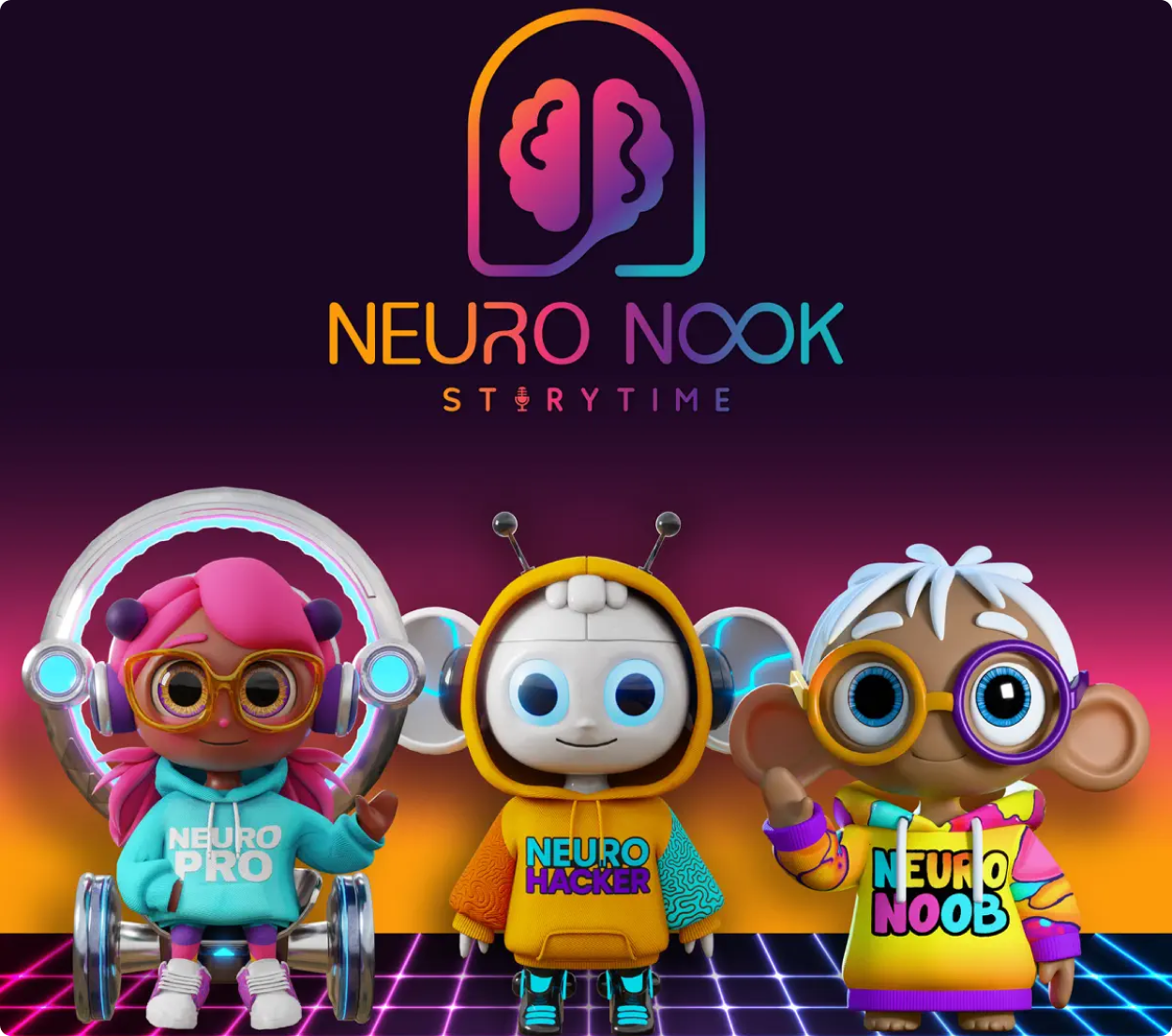
Breaking Down Complex Skills
The podcast creator emphasizes how video technology can transform skill development by chunking complex movements into manageable steps.
"Breaking skills down into clear, predictable steps supports executive functioning and motor planning. Many autistic and ADHD children thrive when tasks are chunked into small, achievable parts," Holden-Girt explains. "A video showing 'first we pass, then we stop, then we turn' can remove the mystery of the game."
This approach builds more than just football skills. "It's not just about learning football, it's about building confidence in sequencing, patience, and teamwork."
Real-World Application: The Goalkeeper Story
The power of video becomes most apparent in the story of Hugo, Holden-Girt's autistic son who plays as a goalkeeper. Like many neurodivergent children, Hugo struggles with perceived failure. In his case, any goal that goes into the net feels like a personal defeat.
"I record him at his sessions, and I record him when we train one-on-one. We play back the goals that he's let in the net and compare that to professional goalkeepers," Holden-Girt explains. "One thing he struggles with is feeling like a failure every time a ball goes in. It's really hard for him to accept."
The solution involves systematic video review after every training session. Together, they watch footage of any goals Hugo conceded, then immediately find similar scenarios on YouTube featuring professional goalkeepers. This consistent reinforcement helps Hugo understand that even the world's best goalkeepers can't save every shot.
"We constantly remind him throughout the training session that it's okay if the ball goes in. It doesn't mean you're a failure. It just means there's room for improvement, and no one can save every single goal possible."
Practical Advice for Parents and Coaches
Based on their experience supporting neurodivergent children in sport, Holden-Girt offers concrete recommendations:
Always have a camera ready: "Video everything, just in case there is that scenario that they start to feel upset about or disheartened, and you can play it back to them. A lot of time in anyone's head, if you think that it was your fault, the scenario becomes a lot worse in your mind."
Use factual evidence: Video provides objective truth that can counteract the tendency to catastrophize mistakes. "To have the video, that factual evidence, I think is really key."
Find professional comparisons: "If you can find professional football players online to show them that it happens to everyone, even the best in the world, then they can be more accepting of that situation."
Be consistent: The support needs to be ongoing, not just a one-time intervention. Regular video review sessions help reinforce these lessons.
Technology Meets Storytelling
The Neuro Nook approach extends beyond individual skill development to broader representation. They've created stories featuring professional players like Lucy Bronze, highlighting neurodivergent characteristics in positive ways.
"We wrote a story called 'Lioness Lucy,' which is all about how Lucy Bronze plays the game, and we pull out some of the neurodivergent characteristics that she had," Holden-Girt explains. "Lucy Bronze has a stat board that she shared throughout the European tournament, and she was the only one that could update it. She loves statistics, and we really emphasize that in the story."
These stories help neurodivergent children see professional athletes who might think like they do, building identity and aspiration alongside technical skills.
A Vision for Inclusive Sport
Their work demonstrates that supporting neurodivergent children in sport requires more than good intentions. It demands understanding how different brains process information and using technology thoughtfully to bridge learning gaps.
For coaches working with neurodivergent children, the message is clear: video technology isn't just about capturing highlights or analyzing tactics. Video technology is about creating accessibility, building confidence, and ensuring that every child can experience the joy and development that sport offers.
As Holden-Girt concludes: "Our business is about making children feel like they're not alone when they are neurodivergent, and that there are lots of children who feel exactly the same, their brain just works differently, and that's all it is."


